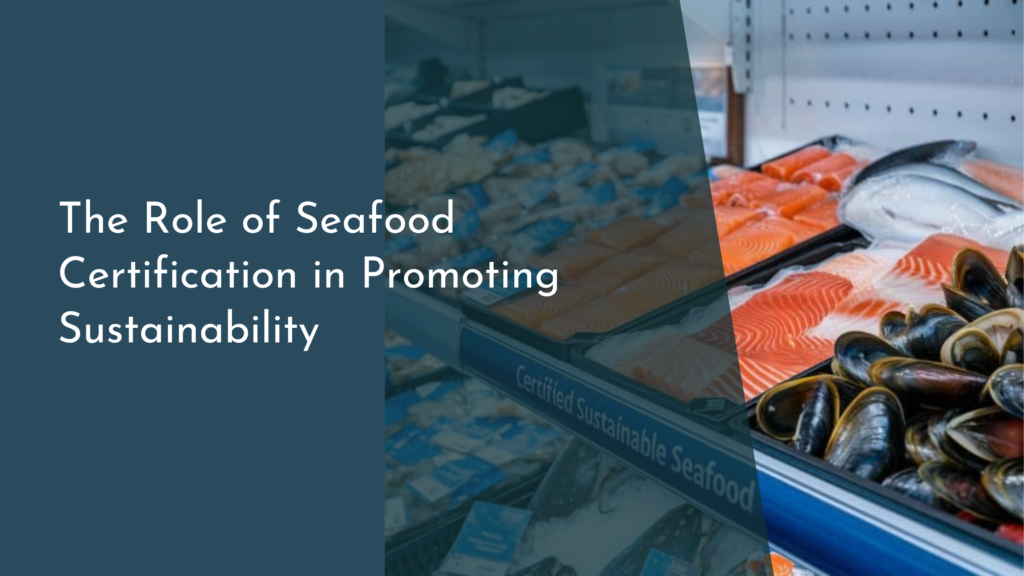Green Living Tips for an Eco-Friendly Garden
Creating an eco-friendly garden is not only a rewarding endeavor for your own personal satisfaction but also a significant step towards contributing to the well-being of our planet. Green living tips for a sustainable garden can transform your outdoor space into a thriving ecosystem that supports biodiversity, conserves resources, and minimizes waste. Whether you’re a seasoned gardener or an enthusiastic beginner, this guide will offer you practical advice on how to make your garden eco-friendly. From selecting sustainable materials to composting and recycling, each actionable tip will bring you closer to crafting a beautiful and environmentally responsible garden oasis.
Choosing Sustainable Materials for Your Garden
When planning an eco-friendly garden, the materials you choose can have a profound impact on sustainability. Opt for materials that are natural, renewable, or recycled. For example, reclaimed wood can be used for garden beds, and recycled bricks make excellent pathways. These options not only reduce waste but also add a rustic charm to your garden. Bamboo, a fast-growing and renewable resource, is another excellent choice for garden stakes or fencing. Consider purchasing from local suppliers to further reduce the carbon footprint associated with transporting materials over long distances.
It’s also important to think about the longevity and ecological impact of the products you use. Instead of plastic, which can take centuries to decompose, look for biodegradable pots and trays made from materials like coconut coir or peat. When selecting soil and fertilizers, choose organic options that do not contain harmful chemicals, which can leach into the ground and affect local wildlife. By making these conscious decisions, you create a garden that supports both the environment and your gardening goals.
Water-Wise Gardening Techniques to Save Resources
Water conservation is a critical component of an eco-friendly garden. Implementing water-wise gardening techniques can help you use this precious resource more efficiently while keeping your plants healthy. Start by selecting drought-tolerant plants that are native to your region, as they require less water and are adapted to local climate conditions. Grouping plants with similar watering needs together can also optimize water usage and minimize waste.
In addition to plant selection, employing efficient irrigation methods can make a significant difference. Drip irrigation systems deliver water directly to the plant roots, reducing evaporation and runoff. Rainwater harvesting is another effective technique; collecting rainwater in barrels for garden use can greatly reduce reliance on municipal water supplies. Mulching is also a valuable practice; it helps retain soil moisture, suppresses weeds, and regulates soil temperature, providing multiple benefits with minimal effort.
Attracting Beneficial Wildlife to Your Eco-Garden
An eco-friendly garden is incomplete without the presence of beneficial wildlife. Inviting pollinators like bees, butterflies, and birds can improve plant health and yields, while also supporting local biodiversity. Planting a variety of native flowering plants that bloom at different times of the year ensures a continuous food supply for these visitors. Additionally, installing birdhouses, bee hotels, and butterfly feeders can provide shelter and sustenance for these important creatures.
Creating habitats for small mammals and amphibians is equally important. A small pond or water feature can attract frogs and toads, which are natural pest controllers. Incorporating logs, rocks, or piles of leaves can offer shelter for hedgehogs and other ground-dwelling species. These elements not only enhance the ecological balance of your garden but also bring a sense of liveliness and harmony to your outdoor space.
Composting and Recycling for a Zero-Waste Garden
Composting is a cornerstone of an eco-friendly garden, turning kitchen scraps and garden waste into nutrient-rich soil conditioner. By composting, you reduce the amount of organic waste sent to landfills and return valuable nutrients back to the earth. Start by setting up a compost bin in a convenient location, and add a balanced mix of green materials (like vegetable scraps and grass clippings) and brown materials (such as dried leaves and twigs). Over time, this mixture will break down into rich, dark compost that can be used to enrich garden beds and potted plants.
Recycling materials within your garden is another way to minimize waste. Old containers can be repurposed as planters, and broken pottery can be used for drainage in new pots. Even fallen branches can be creatively reused as plant supports. By embracing the principles of reduce, reuse, and recycle, you create a garden that is not only sustainable but also resourceful and imaginative.
Bringing It All Together: Your Eco-Friendly Oasis
Combining sustainable materials, water-wise practices, wildlife-friendly designs, and zero-waste initiatives results in a harmonious and thriving eco-garden. Each component of your garden contributes to a balanced ecosystem that supports plant growth, conserves resources, and nurtures wildlife. As you integrate these elements, your garden becomes more than just a collection of plants; it becomes a living, breathing oasis that reflects your commitment to sustainability.
Creating an eco-friendly garden may take time and effort, but the rewards are abundant. Not only will you enjoy the beauty and bounty of your garden, but you’ll also take pride in knowing that your efforts contribute to a healthier planet. As you cultivate your green space, remember that every small action adds up, making a significant impact on the environment and inspiring others to follow in your footsteps.
By adopting these green living tips and implementing sustainable practices, you can transform your garden into an eco-friendly haven. Your efforts not only benefit the immediate environment but also contribute to the global movement towards sustainability. Whether it’s through resource conservation, supporting local wildlife, or minimizing waste, each step you take makes a difference. Embrace the journey of eco-friendly gardening, and enjoy the rich rewards of a garden that thrives in harmony with nature.

